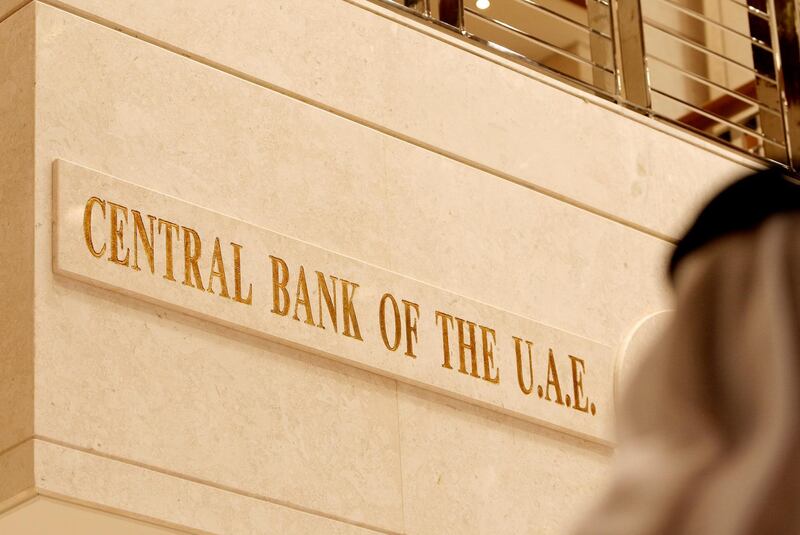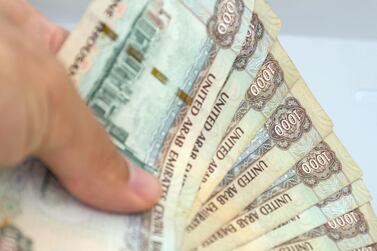President Sheikh Khalifa on Thursday appointed Abdulhamid Saeed as Governor of the Central Bank of the UAE.
Mr Saeed has more than 35 years of experience in the field of banking and financial services, according to a statement carried by Wam.
Mr Saeed is a board member of First Abu Dhabi Bank, the largest lender in the UAE, managing director of Reem Investments, and a member of the board of directors for Sky News Arabia and Abu Dhabi Development Holding Company, the Emirates Investment Authority and the Abu Dhabi Securities Exchange .
He is also a board member of Mubadala Investment Company and previously served in various key positions at Citibank.
Mr Saeed is a graduate of the University of Arizona.
Last month, the Central Bank rolled out UAE's Dh100 billion economic stimulus package to offset the impact of the coronavirus pandemic.
The Targeted Economic Support Scheme includes Dh50bn from funds through collateralised loans at zero cost to all banks operating in the UAE and Dh50bn funds freed up from banks’ capital buffers.
The regulator's latest measures come as the coronavirus outbreak intensifies outside China, where the pandemic began. The virus has now evolved rapidly in Europe and the US, with more than 956,000 infections globally and over 48,000 deaths, according to Johns Hopkins University which is tracking the outbreak. More than 202,000 patients have recovered.
The coronavirus, the biggest challenge to the global economy since the 2008 financial crisis, has disrupted trade, the travel industry and wiped nearly $20 trillion from stock markets worldwide.
Governments worldwide have unveiled stimulus packages aimed at protecting citizens from the impact of the virus. Last week the US pushed out a $2tn rescue package, the largest in the country's history. Countries across Europe, the Gulf and Asia have also followed suit.
The US Federal Reserve and central banks around the world have cut interest rates to ensure ample liquidity in markets and to prevent a credit freeze.







